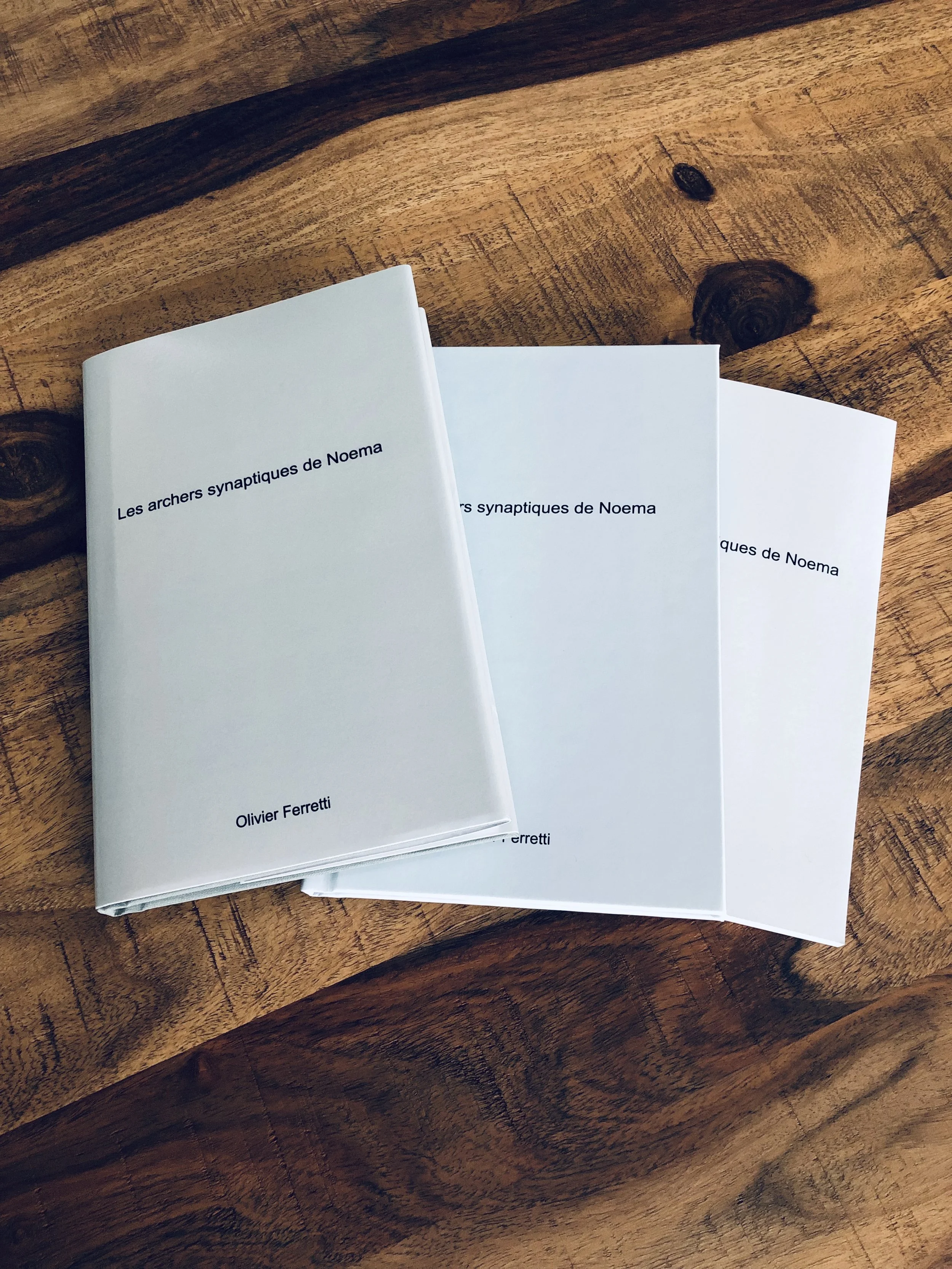PANOPLY
Olivier Ferretti (Unbunker), born on January 23, 1979, in Luxembourg, lives and works in Luxembourg. His artistic practice is deeply rooted in conceptual exploration, often examining the relationships between human emotion, perception, and the environment. Initially drawn to painting through an exploration of materials and color, his interest in the history of art and more profound conceptual approaches developed later in his career.
Ferretti’s work is characterized by an emphasis on human beings emotionally interacting with their surroundings, favoring an introspective and autobiographical approach over political or social commentary. While his early motivations revolved around the reproduction of pictures and concepts, his later works delve into intricate concepts.
A key aspect of Ferretti’s conceptual work lies in how everyday objects, tools, or furniture—used by humans—transmit and retain the process of use. These objects carry the very aura of his art, becoming conduits for human interaction, experience, and time, revealing the subtle traces left behind by their function in daily life. His work often interlaces these objects with raw materials like tar or asphalt, experimenting with different inputs of raw natural matter to create new layers of meaning. The result is a dynamic interplay between the familiar and the raw, challenging conventional interpretations and placing these objects in contexts that are deliberately provocative, ambiguous, or unsettling.
Painting has become a secondary, though integral, form of expression in Ferretti's work. His focus is on capturing the emotional responses of individuals to the world around them. His artistic process seeks to disrupt and reposition the viewer’s perception of time and space, creating a dialogue between the present moment and memory, often questioning reality and its impact on human experience.
Ferretti's conceptual approach frequently touches on the ironies of life, with themes of imperfection and unpredictability taking center stage. Living with an irregular heartbeat has provided a personal metaphor in his work—examining the fragility of existence and using this to challenge his own fears of death and failure. His work presents irony as a “rhythm failure” of life itself, where imperfections are not only acknowledged but embraced as part of the human condition.
